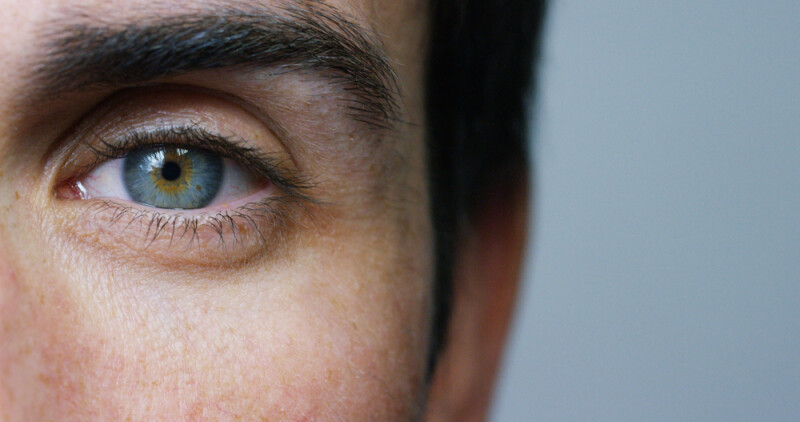Technology trains patients to eat less sugar
A computer game can be used to train patients to eat less sugar, as a way of reducing weight and improving health, according to a new study published in the Journal of Behavioral Medicine.
Researchers developed and evaluated a "brain training" game targeting the part of the brain that inhibits impulses with the hope that it would improve diet, specifically by decreasing the consumption of sweet foods. The computer-based game, called Diet DASH, was created at Drexel University in Philadelphia, Pennsylvania specifically for the study.
The game automatically customized the training to focus on the sweets that each participant tended to eat and adjusted the difficulty according to how well they were resisting the temptation of sweets, according to the study, which was funded by the National Cancer Institute.
The trial randomized 109 participants who were overweight and ate sweets. Participants attended a workshop prior to starting the game to help them understand why sugar is detrimental to their health and to learn which foods to avoid and methods for doing so. Participants then played the game on a computer for a few minutes every day for six weeks and then again once a week for two weeks.
In the game, players move as quickly as possible through a grocery store with the goal of putting the correct food, healthy foods, in a grocery cart, while refraining from choosing the incorrect foods, their preferred sweet. Points were awarded for correct items placed in carts.
For over half of the participants, who showed higher preferences toward sweets, playing the game helped them lose as much as 3.1 percent of their body weight over eight weeks. Participants also indicated that they found the daily training satisfactory, that it became part of their daily routine and that they wished to continue the trainings if they were available.
The study also randomized whether participants received a highly gamified, enhanced graphics and sounds, or a less-gamified versions of the training. While the difference between the level of gamification did not matter, overall, to whether participants reduced sugar consumption and lost weight, they did find that the few men in the study reacted better to the highly gamified version than the women in the study.
The study's findings offer qualified support for the use of a computerized cognitive training to facilitate weight loss, researchers said.




















SHARE